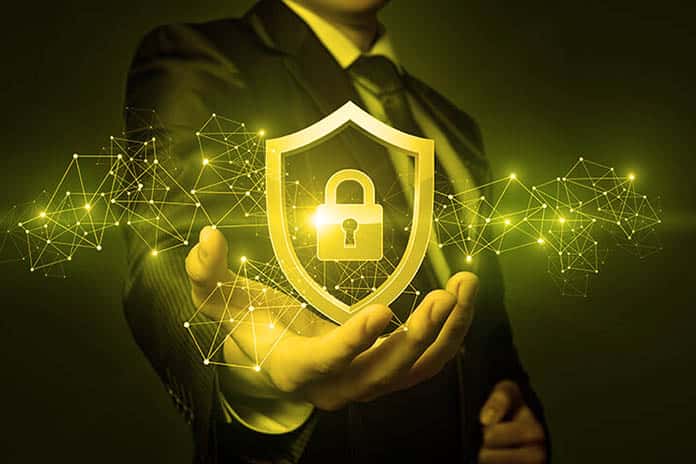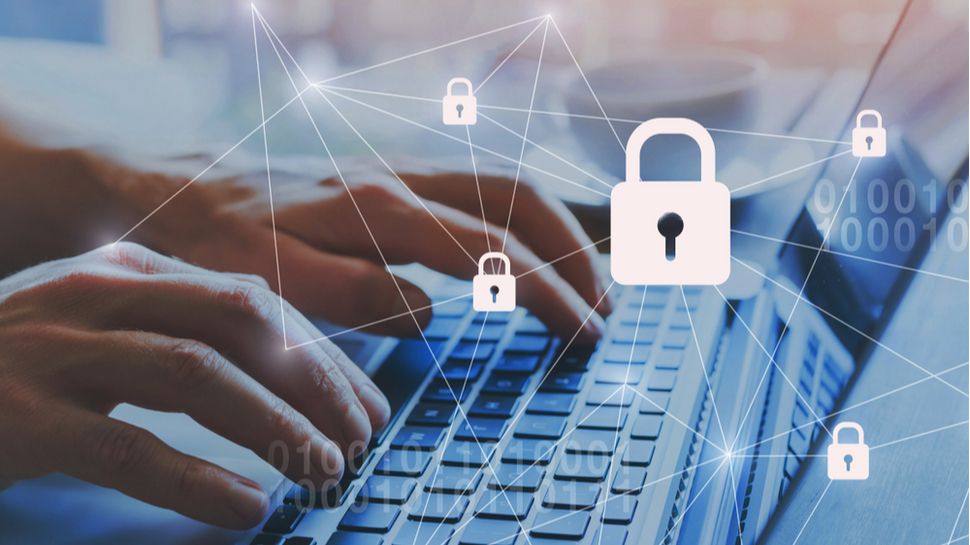If you’re like many people out there, you may have received a lot of emails recently that seemed threatening in nature. The subject line may have contained something like “You are being hacked!” or “Your account has been hacked! You’ve just been suspended.” Before taking any of these seriously, it’s important to understand what a cyber attacks is, and the different ways it can occur.
First of all, a computer is a network of computers. In other words, if an unauthorized party obtains your personal information, then that person has “appropriated” your property. This can be done by hacking into your computer, or by extracting your information from documents that have been “hijacked” (or simply stolen). Of course, some attacks do go beyond this. There are more serious types of attacks that can cause permanent damage to your computer.
Most common types of cyber attacks result in a denial of service (washing of the computer’s processing power). Other types of attacks allow hackers to actually alter or delete information on your system. These include deletion of files, and changing the registry keys which make up the system. Some viruses use a form of Trojan horse to install their payload onto your machine. The most sophisticated attacks are executed by hackers who can implant remote software programs that monitor all of your activity and steal your personal information. In this case, your security program will prevent such attacks by checking the Internet for any intruders who might be trying to gain access to your machine.
One of the first steps to avoid cyber attacks is to make sure your computer is not being abused. Hackers love to get into computers that have not been used extensively. They target businesses that have many computers and are rarely monitored or protected. One good way to protect your business from possible attack is to keep it free from software that may contain a security hole.
It is important to keep your personal information secure. You do not want any hacker to be able to obtain information that would be useful to them. In particular, you should be very careful of putting financial or personal information on a website that you do not visit regularly. Hackers can use this information to empty your bank account or obtain credit cards in your name. If you only visit the website once in a while, this will decrease the chances of personal information falling into the wrong hands.
Make sure your computer is not leaving your location when you are online. This makes it harder for an intruder to access your information. Hackers will need a reliable connection to get your information from you, so one way to ensure this is to have a mobile phone. Even if you are just using your laptop to make a social call, you should still make sure it is secure.
Hackers are also hoping that you won’t realize that you have been the victim of such an attack. This can lead to them gaining access to your confidential information. As long as you are aware of the latest security threats, you can avoid them. One thing to keep in mind is that even if you think you are following the most recent security guidelines, it doesn’t mean that hackers have not seen improvements. Sometimes, new viruses are released that are more dangerous than the ones that were recently discovered. You can keep yourself safe by always checking the Internet for updates and installing antivirus software.
Last but not least, if you want to avoid these cyber attacks, you need to have a good firewall installed in your home or business computer. This will block unwanted access to your computers, allowing only authorized parties to get information from you. You can find several types of firewalls that will do the job. There are also programs that you can install on your computer that will perform various scans to identify viruses before they attempt to infiltrate your system. This will help you avoid viruses and other attacks on your computer.


